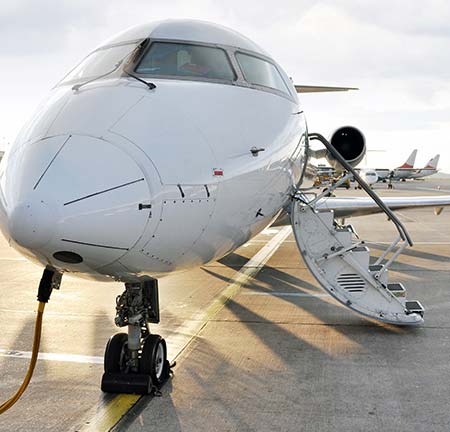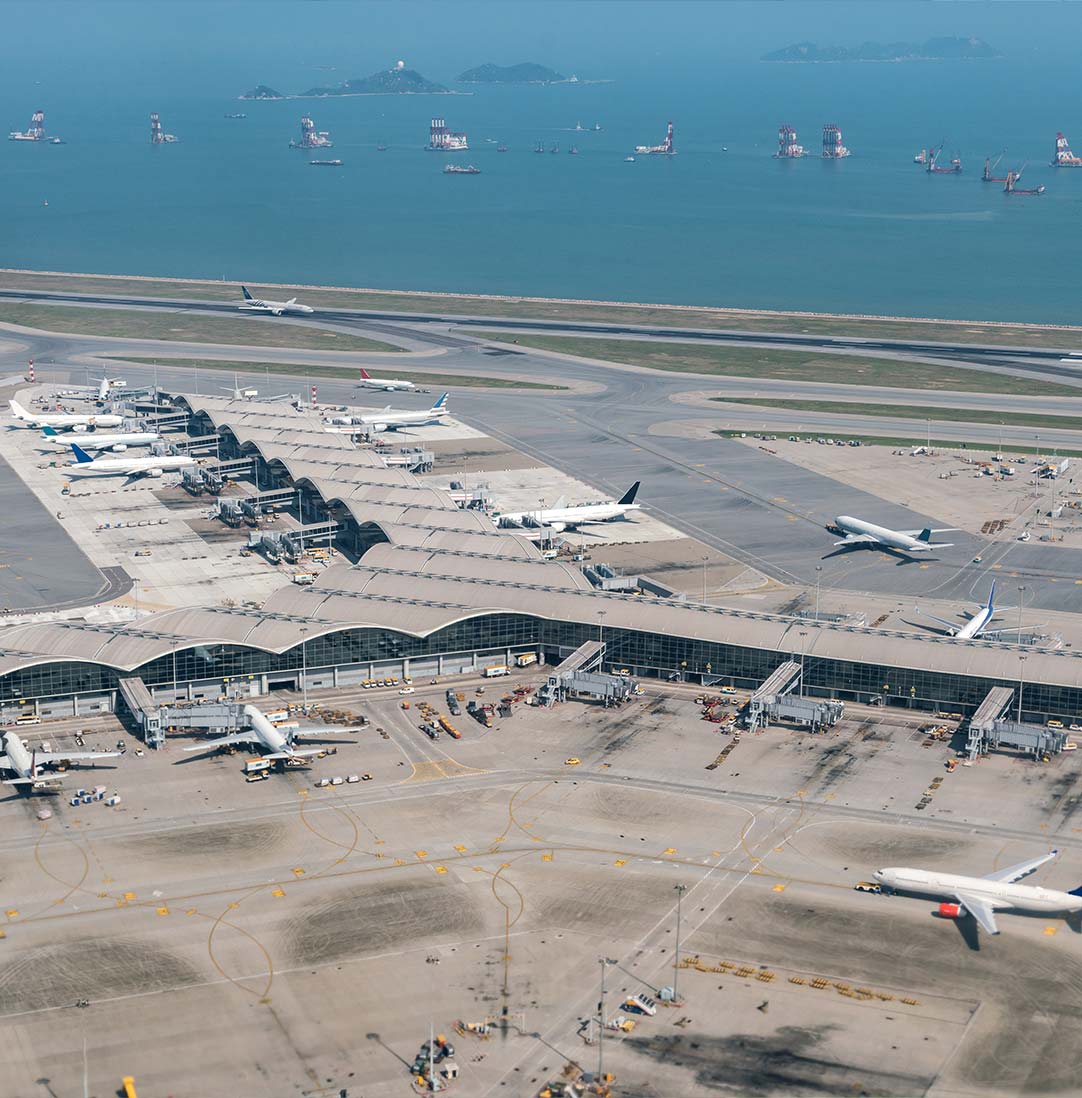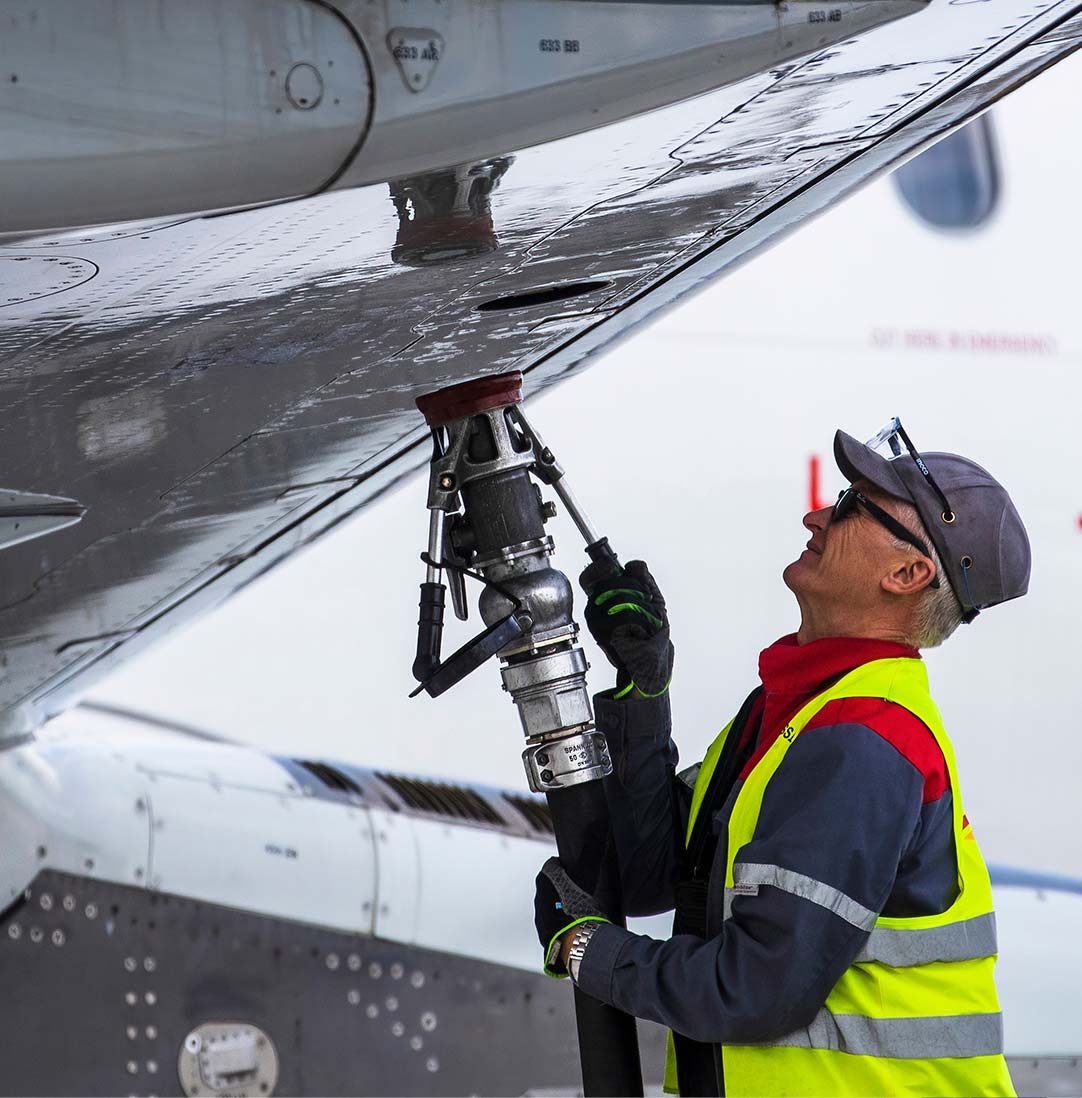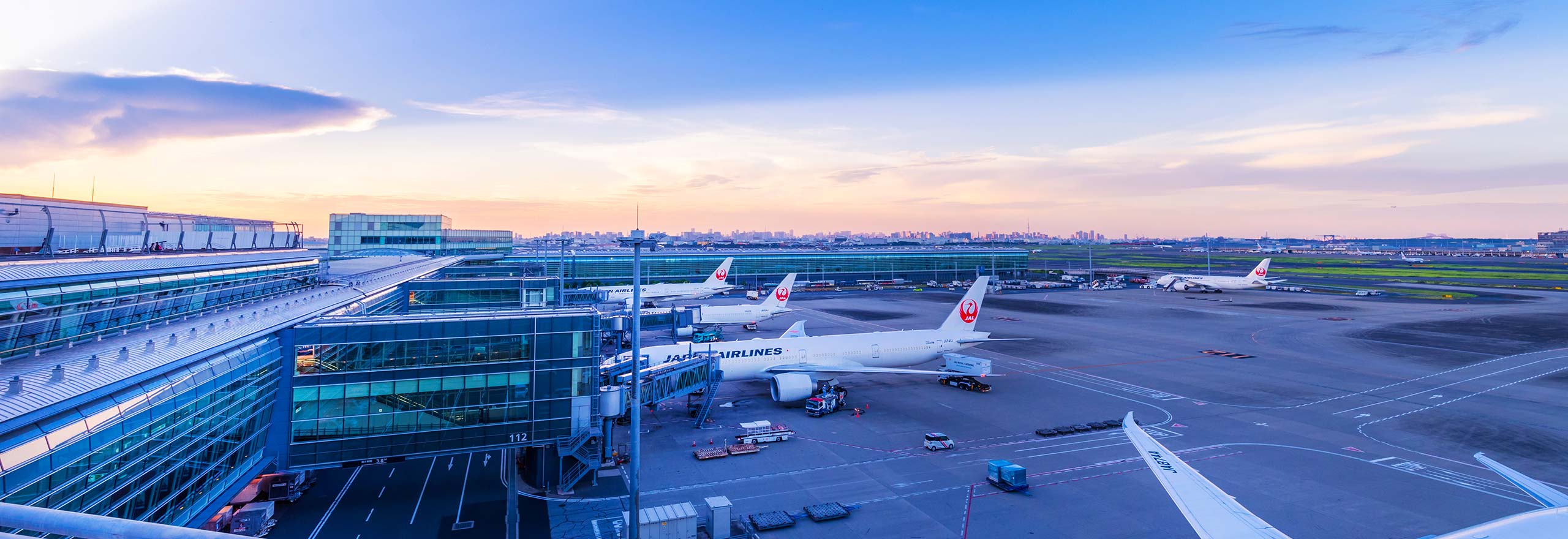


Technical Certification
‘‘Sustainable Aviation Fuel is a homogenous blend of conventional jet fuel and Synthetic Blending Component (SBC) that meets a recognised international specification (DEF STAN 91-091 or ASTM D1655). The ratio of SBC to conventional jet fuel in the blend cannot currently exceed 50% as it is not certified for use in commercial aircraft above this blend ratio. The maximum blend ratio can differ depending on the type of SBC used or the qualification process used to approve the SBC. For an SBC to be approved for use, it must be subject to a technical evaluation through the ASTM D4054 qualification process. If the SBC is proven and accepted to be equivalent to Jet Fuel (neat and as a blend), a new annex is added to the ASTM D7566 Drop-in Specification providing requirements for that type of SBC. A technical pathway which is listed in the annexes of ASTM D7566 can be blended with conventional jet fuel to produce a ‘drop-in’ SAF. Being a drop-in fuel means that the SAF can be used in commercial aircraft without changes to existing storage, logistics and fuel systems.’’
Q8Aviation Technical Team

